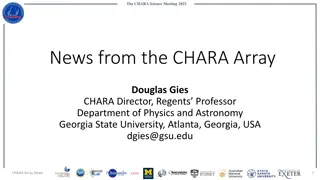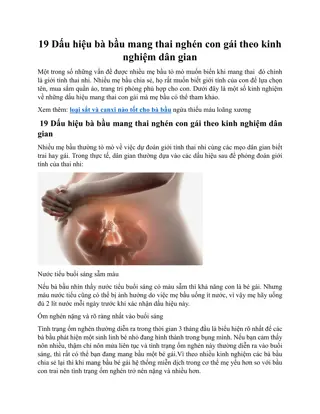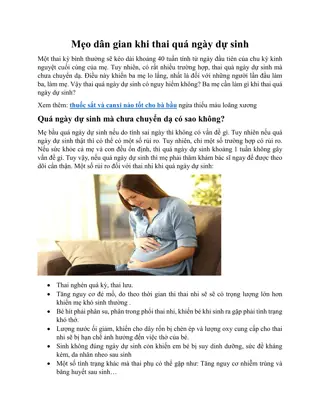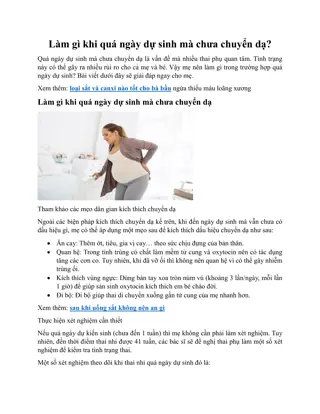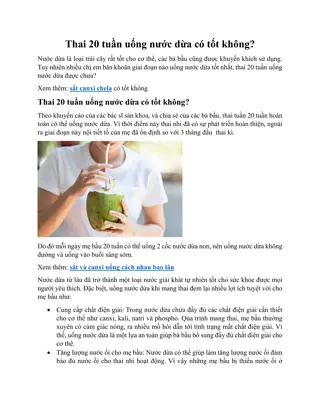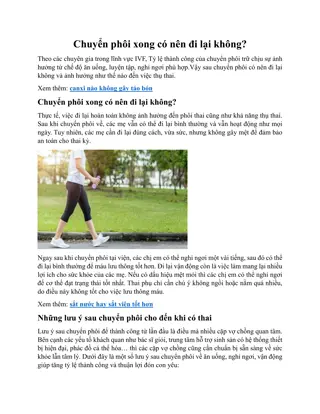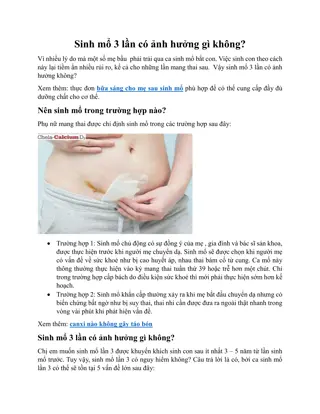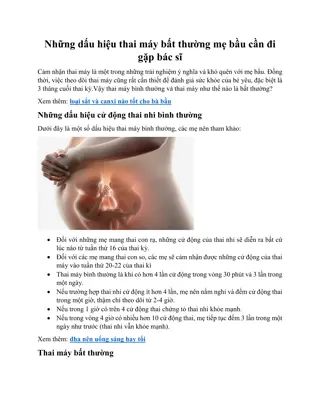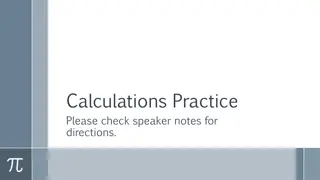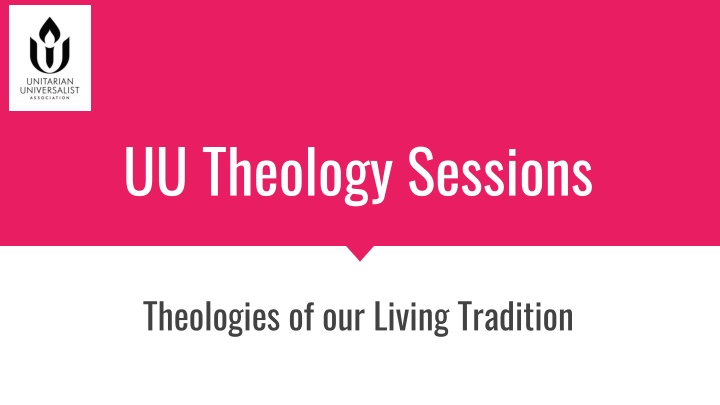
Exploring UU Theology: Theologies of Our Living Tradition
Delve into the rich tapestry of Unitarian Universalist theology with sessions on the essence of theology, early Unitarianism and Universalism, and the evolution beyond Christian roots. Discover the diverse perspectives that shape this living tradition, from the theological house concept to the principles of Unitarian Christianity and Universalism.
Download Presentation

Please find below an Image/Link to download the presentation.
The content on the website is provided AS IS for your information and personal use only. It may not be sold, licensed, or shared on other websites without obtaining consent from the author. If you encounter any issues during the download, it is possible that the publisher has removed the file from their server.
You are allowed to download the files provided on this website for personal or commercial use, subject to the condition that they are used lawfully. All files are the property of their respective owners.
The content on the website is provided AS IS for your information and personal use only. It may not be sold, licensed, or shared on other websites without obtaining consent from the author.
E N D
Presentation Transcript
UU Theology Sessions Theologies of our Living Tradition
Theological House Based on the presentation by Rev. Dr. Rebecca Parker, LREDA Lectures, 2002 Adapted by the Rev. Jennifer Innis, UU Fellowship, Greenville, SC - Elements: The presence of the spirit of life is immediate and everywhere; immanent, transcendent, and interpersonal Foundation: Humans have free will, conscience, ability to sense God, reason. Walls: The church is formed by humans in a free relationship, making a promise to support one another. Roof: God is loving; we are healed by the power of creative love; Hell is what we do to one another. Door: Heaven can be here on Earth; we are the beloved community working to recognize ourselves Windows: We work to be good neighbors. We let ourselves be changed by our neighbors. - - - - -
Channings Unitarian Christianity History: Unitarianism goes back to beginning of Christianity with Arianism Michael Servetus talked about the Unity of God in the Protestant Reformation William Ellery Channing s Unitarianism: Use of reason when reading scripture. Unity of God Unity of Jesus (meaning that Jesus is human, not God). Moral perfection of God Jesus s role as teacher, seen as a moral guide Salvation by character
Universalism History: Universalism grew in US in response to the puritan hellfire Ultra Universalists (Death and Glory) vs. Restorationists (Purgatory then Heaven) Some tenants of Universalism, inspired by John Murray and Hosea Ballou: God is all loving, all knowing Therefore, God would not condemn people to help for eternity We act morally motivated by our ultimate salvation No one rejoices in the suffering of others Happiness and pleasure is the motivator for human action, not fear
Transcendentalism - Both an extension of and a reaction to classic Unitarianism - Named after transcendental philosophy, understanding that reason and logic are intuitive and that there are intuitive truths - Everyone has access to religious experience and God - God is Nature, Universal Spirit, the Over-Soul - Self-culture is a focus, or the ever improvement of the self
Humanism - - Not concerned with God, focused on humans - Rejected the supernatural for the tangible and natural - Rejection of dualism - The purpose of religion was the moral development of the self - A focus on the here and now Reaction to both Transcendentalism and modern culture
Five Smooth Stones - James Luther Adams - 'Revelation' is continuous." - "All relations rest on mutual, free consent and not on coercion." - Moral obligation to establish a just and loving community. - Good things don't just happen, people make them happen. - The resources for change justify an attitude of ultimate optimism." Hope.
Religious Liberalism - James Luther Adams - Religious liberalism , refers to free religious, or free choice - JLA sees the possibility of liberal religion being a force against oppression, facism, and other faiths - In reality (at the time), liberal churches did little to fight against oppression - The five smooth stones outline a liberal religion that can fight against oppression - With freedom comes responsibility - With community comes power
Social Implications of Universalism - Social Gospel - Comes out of the Social Gospel Movement - A movement of liberal Christian leaders calling for social reforms based on an understanding of the gospel - Focuses on the here and now - Focuses on the need to make social justice and change - The end of religion is not about the individual self, but justice for the community
Process Theology - Trying to reconcile religion and the understanding of God with modern discoveries of science like the speed of light - Originated from process philosophy by Alfred North Whitehead - God is not a being, not matter or a supernatural deity - God is the process of becoming, of creativity - Humans share in the process of creation and becoming - God is persuasive not commanding
Liberation Theology - - Gustavo Gutierrez The Preferential Option for the Poor = God sides with the poor and the oppressed and is called to free people from all poverty and oppression Spiritual and voluntary poverty, are states where people decide to align with the poor and oppressed and to advocate for justice - - - - Dr. James Cone Jesus is Black. The message of God is for the liberation of black people. Ontological blackness: God s elective affiliation with Blackness as a foundational symbol of oppression as well as reflections on the utter, particular, and beautiful humanity of Black people. * *Definition by Todne Thomas in his article James H. Cone and the Mysteries of Black Social Life
Liberationism and Liberalism - Specific group of people - Vision to welcome everyone - Liberation of community - Freedom of the individual - Uses specific texts - Draws from many texts - Freedom means liberation - Freedom means free choice - Universal comes from the - Universal means expanding particular vision
Pedagogy of the Oppressed - Education is never neutral - Content must reflect the experience and issues of the participants - Education should hinge on problem-posing (as opposed to "banking education") - Reflection must be linked to action in praxis. - Radical transformation should be the final result.
Discuss: - Thandeka describes Unitarian Universalists as having a common emotional experience but with different ways of explaining it theologically. What have you found to be a common emotional experience in Unitarian Universalism? - Thandeka says we love beyond belief, but Rebecca Parker identifies limits to what we can believe as UUs. Are the limits described by Parker true for you, and do you see any other limits to belief besides those she describes?
Discuss: - Authors Thandeka, Rebecca Parker, Paula Cole Jones, and Paul Rasor, each in different ways, describe the challenges in identifying a common Unitarian Universalist theology or experience. Is such a common theology possible or even desirable? How would you begin to articulate a common Unitarian Universalist theology what does it mean to be a Unitarian Universalist?
Where are We Headed? - What are the pressing theological questions for our movement right now?





